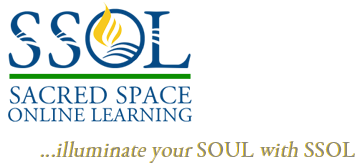This online course from Harvard University explores a series of contemporary conflicts in different regions of the world with a special focus on identifying and analyzing the diverse and complex roles that religions play in both promoting and mitigating violence in each context. Students will learn a method for recognizing and analyzing how religious ideologies are embedded in all arenas of human agency and not isolated from political, economic, and cultural life as is often assumed.
In addition to examining the conflicts themselves, this online course also explores the religious dimensions of the impacts those conflicts have on civic life in areas such as public health, education, and commerce by addressing a series of questions:
- What roles do religions play in fostering violence and what roles do they play in promoting peace?
- How do religious institutions and ideologies function to support and/or thwart public health initiatives?
- What are the ideological justifications for functional economic policies and how do they reflect and/or challenge diverse religious values?
- What roles do religions play in advancing or suppressing educational opportunities and for whom?
- Are media representations of the religious dimensions of conflict accurate?
This online course is led by Diane L. Moore (Senior Lecturer and the Director of the Religious Literacy Project, Harvard University)
Register for this online course
Disclaimer: Sacred Space Online Learning (SSOL) seeks to provide individuals with information about religious, spiritual, or faith-based online resources from a variety of sources. Sacred Space Online Learning does NOT claim ownership over this online course or online offering. Sacred Space Online Learning is also NOT responsible for the accuracy of the materials, the content, the way they are advertised or taught, or the costs associated with this online course or offering. The views and opinions expressed in this online course or offering are those of the creators and/or the persons appearing in the online class or offering. They do not necessarily reflect the views and opinions of SSOL, the OFLD, or MCC. If you have any questions or concerns please contact the creator(s) of the given online course or online offering.




